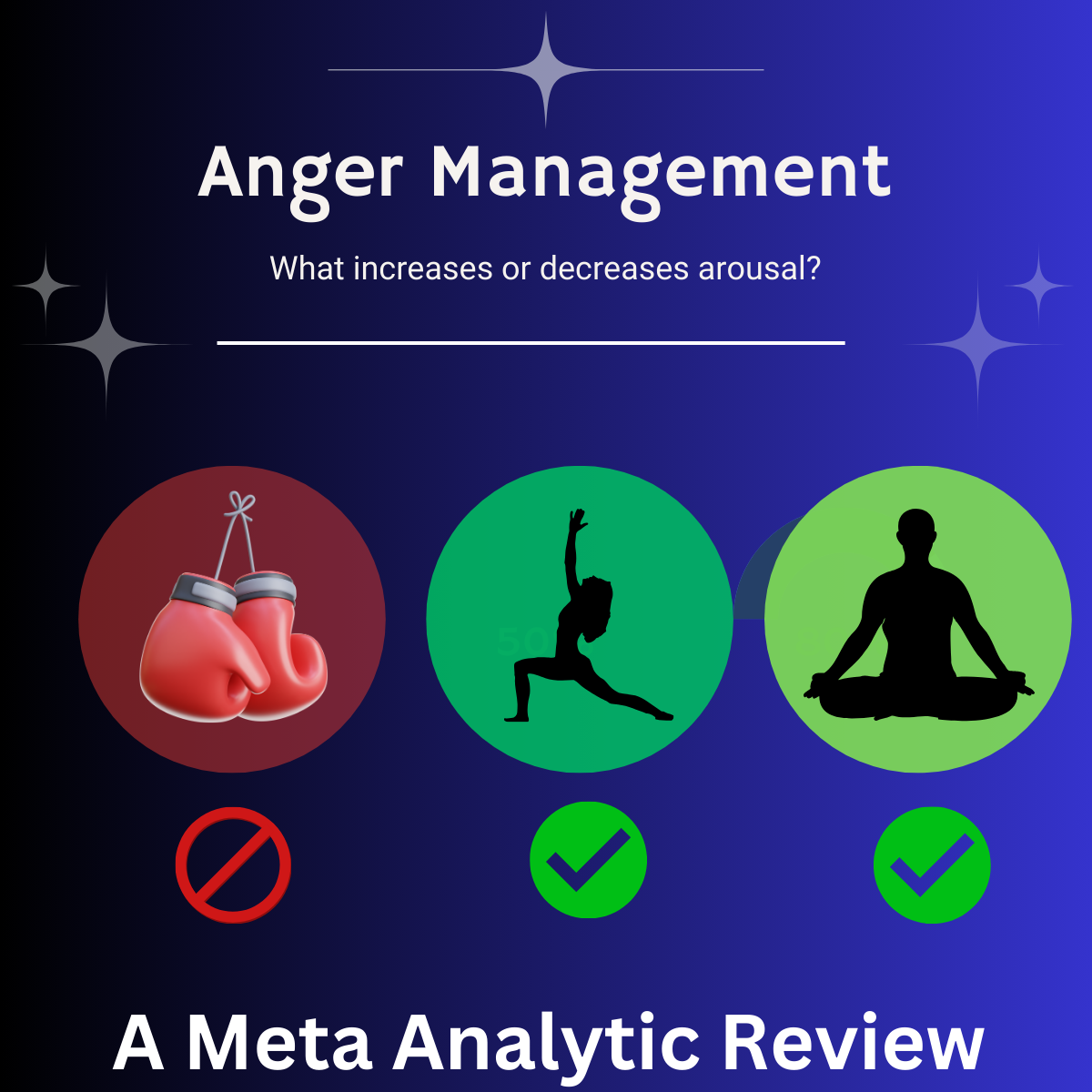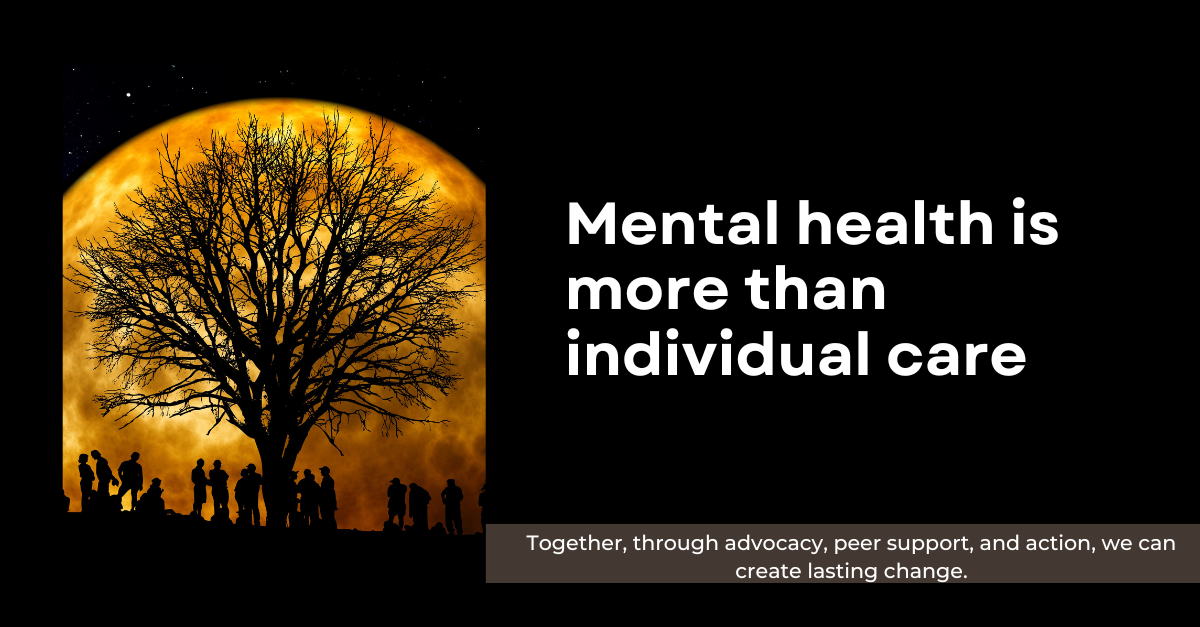Unlocking the Mysteries of Depression: The Power of Brain Imaging
It can be very challenging to find an effective treatment if you have been told that you are clinically depressed. You may be offered talking therapies or medication or both. We have long known that the approaches we can offer will work for some people but not everyone. We (as in health professionals) have also realised that we cannot tell which is the most effective treatment for a particualr person, so it is often trial and error.
A new research study seem to be offering some clues and steps for the future.
Understanding Depression: A New Way Forward
Depression and anxiety are challenging conditions that affect many people differently. Recent research has made significant progress in understanding these mental health issues by identifying six distinct types, or "biotypes," based on brain activity patterns.
Key Findings:
- Six Unique Biotypes: Researchers found six different types of depression and anxiety, each with its own specific brain activity patterns.
- Personalised Symptoms and Treatments: Each biotype comes with unique symptoms and responds differently to various treatments. This means that knowing your biotype can help doctors choose the most effective treatment for you.
- Better Diagnosis with Brain Imaging: Using MRI scans to study brain function, researchers were able to pinpoint these biotypes more accurately. Including task-based brain activities in the scans improved the precision of identifying these biotypes.
- Improved Treatment Outcomes: By understanding which biotype a person has, doctors can create personalised treatment plans, potentially leading to better and faster relief from symptoms.
Why It Matters:
- Personalised Care: This research highlights the importance of personalized treatment approaches. Instead of a one-size-fits-all method, treatments can be tailored to fit the specific needs of each biotype.
- Future of Psychiatry: The findings suggest that using brain imaging in psychiatry can significantly improve how we diagnose and treat depression and anxiety.
Conclusion:
This new way of understanding depression and anxiety through brain imaging and biotypes offers hope for more effective and personalised treatments. As research continues, we can look forward to better management and outcomes for those struggling with these conditions.
Reference
Tozzi, L., Zhang, X., Pines, A. et al. Personalized brain circuit scores identify clinically distinct biotypes in depression and anxiety. Nat Med 30, 2076–2087 (2024). https://doi.org/10.1038/s41591-024-03057-9











